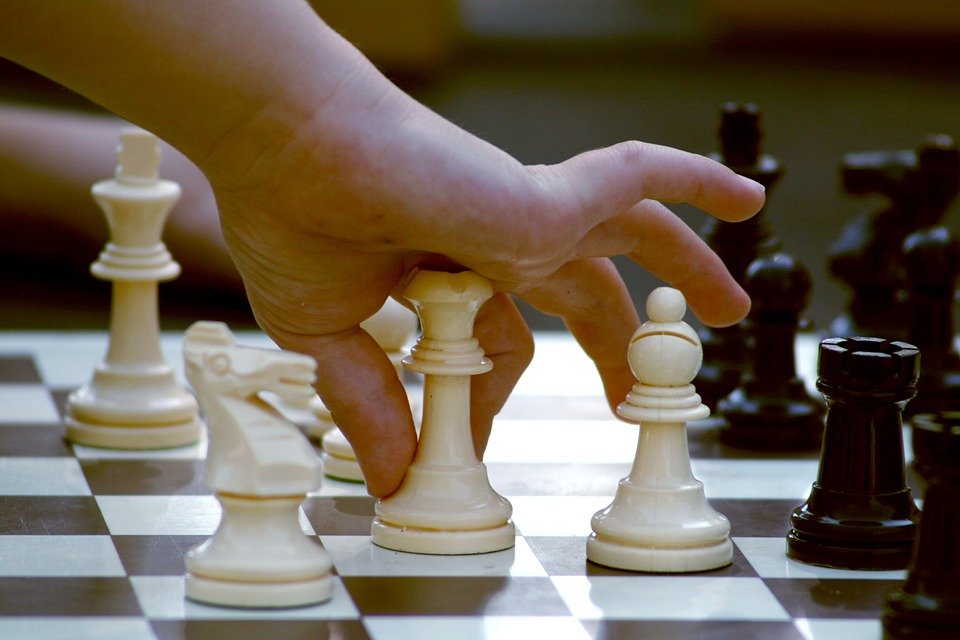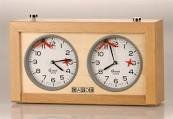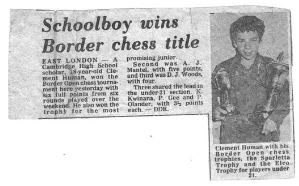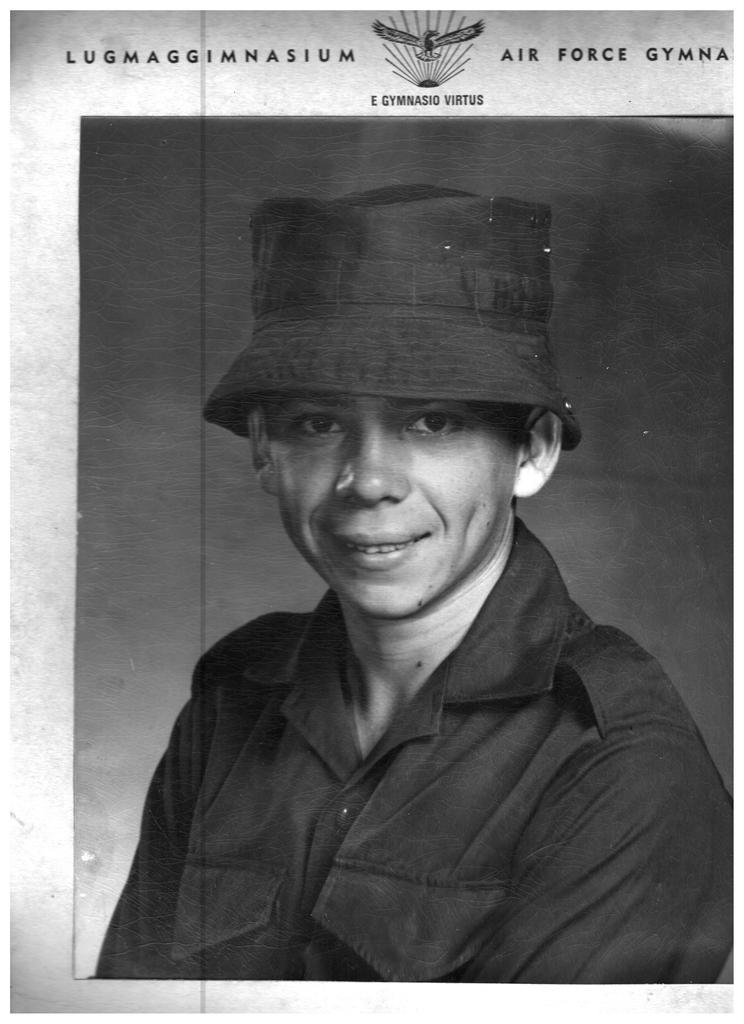In 1974, Donald Woods went with the South African Chess Federation to the world body of chess, FIDE, and successfully put the case to FIDE for re-admittance. The approach of the SA Chess Federation was that the chess community was multiracial and it was helping to break down barriers in SA society.

I remember how impressed I was when Donald was enthusiastically discussing these matters with some chess players at the club on a Monday night. Now when I look at the article I see that the Soviet Block and Arab were boycotting the FIDE congress, probably because it was being held in Haifa in Israel. Several years later, South Africa was again expelled, as opposition to apartheid was intensified.
Later when Nelson Mandela was freed and democratic elections were held, South Africa was readmitted to FIDE. Chess was played including SA in African events and African countries sent their chess players to participate in SA events.
Then remarkably in 2014, SA got their first Grand Master in chess!
Kenneth Terence Solomon was born in 1979. He took up chess at the age of 13, inspired by his elder brother’s qualification for the Chess Olympiad in Manila in 1992. Borrowing a chess book from him to study, Solomon was soon taken under his brother’s wing to study and within two years, he was the South African Under-16 champion. He has won the South African Championship in 2003 and the South African Open three times, in 1999, 2005 and 2007, and was also the top ranked South African in 2003. He became an International Master in 2004. During the 40th Chess Olympiad in Istanbul, Solomon earned his final GM norm.
Although Solomon has never reached the required rating of 2500, he earned the Grandmaster title by winning the African Chess Championship in December 2014, thereby becoming the first chess grandmaster from South Africa and the second one from sub-Saharan Africa after Amon Simutowe.
He is extremely modest but to me it is wonderful and a real refutation of the Apartheid system; a non white from Mitchells Plain near Cape Town, being awarded the ranking of Grand Master. South Africa is far removed from Europe in geographical terms and it is a requirement to relocate to Europe in order to play against suitably high-ranked opposition.
The difficulties he had to overcome while living in Mitchells Plain must have been great. The community was created in the 1970s to relocate the Coloured victims of the forced removal due to the implementation of the Group Areas Act. This was a dreadful act, removing people from their homes who had lived there for literally hundreds of years. There is still a great deal of bitterness among these folk towards the whites. Currently the community struggles to cope with gangsterism and drugs amongst its youth.
Returning to my own story...
I was extremely keen to play chess at every single opportunity. I remember that when playing at the club when involved with a game, I would never consider stopping the game to catch the municipal bus at 9.30 pm, back to my suburb in Amalinda. I would then walk home, a trip of about 8 kilometres. Thinking back I wonder why nobody considered offering a schoolboy a lift home.
Sportsmanship was always an important part of chess in East London, however I remember one incident which was absolutely the opposite and a poor reflection of the one schoolboy: he was playing a Mr Page, an elderly gent well into his eighties. When you play competitive chess a chess clock is used. A chess clock has two clocks with a button above each clock and when the player makes their move, they push the button down and it stops their clock ticking and then their opponents clock starts to tick. In this particular game the old gent forgot to push his button so his clock continued to run down his time without the schoolboy saying a word to his opponent. He sat there for over one hour just waiting for the time to run out on his opponents clock. All of us who were watching were horrified but we were unable to interfere. Poor old Mr Page was quite upset when he timed out and lost the game due to the unsporting conduct of his opponent and we were all absolutely disgusted. The schoolboy kept to the letter of the law but he demonstrated what a poor sportsman he was, it just shows how desperate some people are to win at all costs.

Not that I enjoyed losing, I will never forget the one game I lost to Karl Vahrmeyer at the Club; the anguish of my soul! I still remember walking home, thinking of my stupid mistake, even when I got home I could not easily sleep, it still haunts me to this very day. Yet I never ever threw a tantrum, ever polite I was I, even though inwardly I suffered when losing.
After I won the Border Open Championship in 1977, I realised that just as SA was isolated in global terms, so too was East London from the major centres such as Johannesburg and Cape Town. I decided that I would continue to play casual chess but no longer participate competitively.
I was conscripted to do National Military service from 1978 to the end of 1979. We were the second intake who were required to do two years service. The “Rooi Gevaar” (Red Danger meaning the communist threat) was continually being propagated by national television. I was in the air force based in Pretoria and when I got leave, I would go visit my sister Diane who lived in Hillbrow in Caroline Street. In those days, in apartheid times, Hillbrow was a cosmopolitan centre, I loved to go to Cafe Wien and play chess till the early hours of the morning. I will never forget the one evening when I had finished playing chess, I wanted to go back to my sister's flat but when I left the cafe, the pedestrian traffic was so heavily congested that I had to wait for a space before I could leave the premises. Now it is a gangster paradise where drug traffic and prostitution have turned Hillbrow into an extremely dangerous place.
Now when I look back to a time of about 40 years earlier, I realise that what was attempted in East London was of little relevance nationally, but for that small group of chess players it was relevant as it shaped our thinking and an attitude of respect towards all people, regardless of race.
@gavvet features authors to promote new authors and a diversity of content. All STEEM Dollars for this post go to the featured author.


